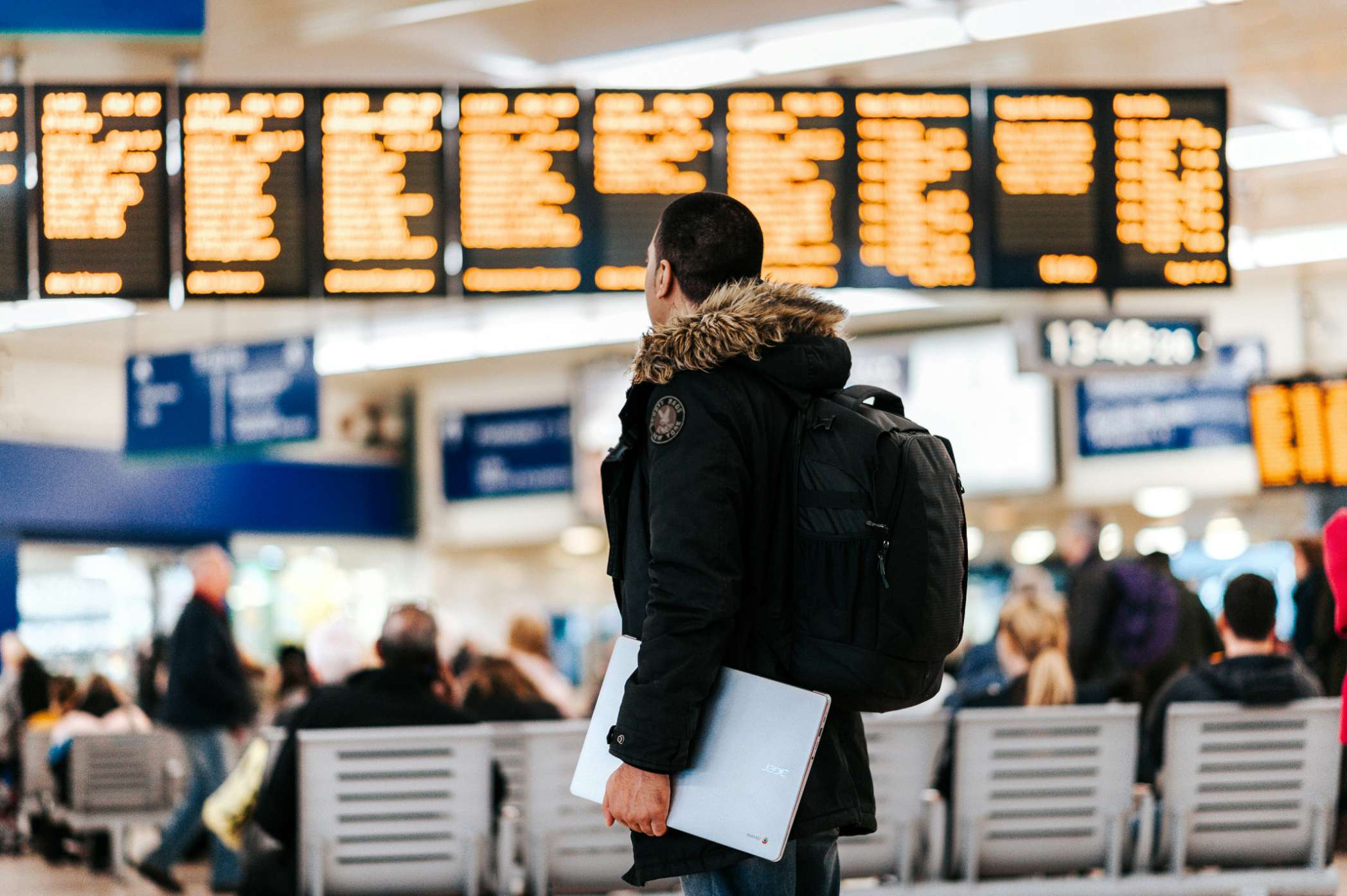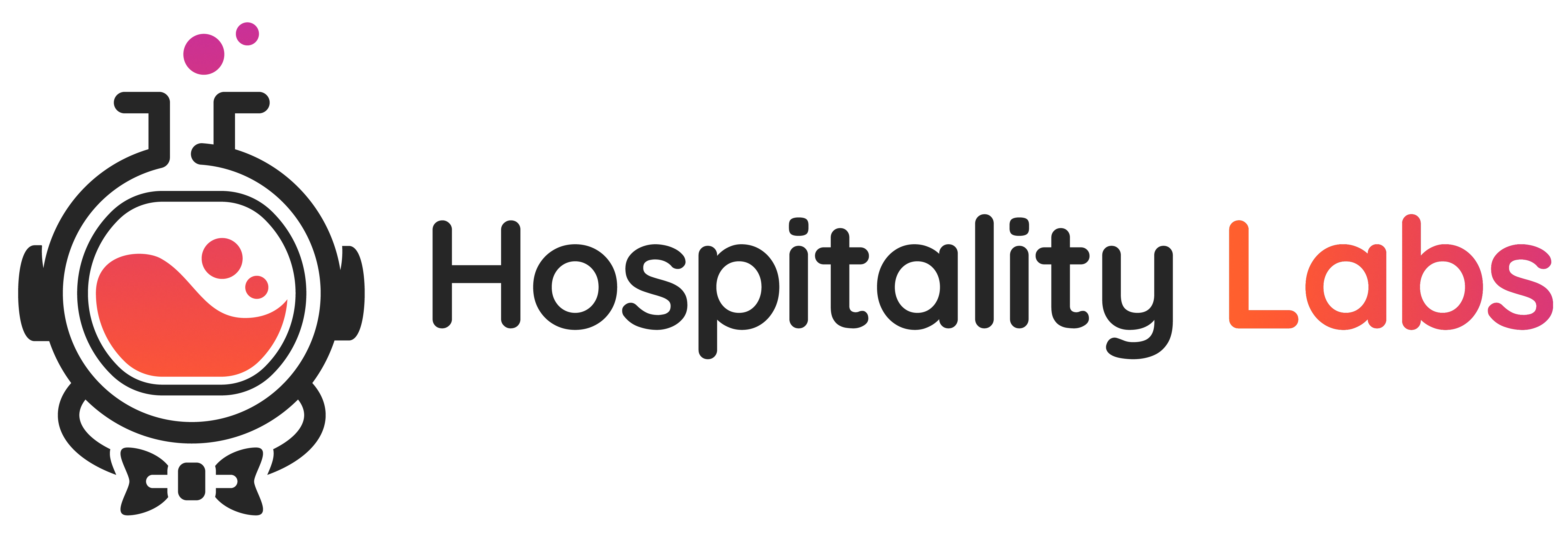The Future of Travel Marketing: Innovations and Trends for Next Decade
As we look beyond 2025, the travel industry is poised for transformative changes that will reshape how you experience travel marketing. The world of travel marketing is evolving rapidly, with new technologies and strategies set to redefine your interactions with travel brands.

Table of Contents
As we look beyond 2025, the travel industry is poised for transformative changes that will reshape how you experience travel marketing. The world of travel marketing is evolving rapidly, with new technologies and strategies set to redefine your interactions with travel brands.
Understanding what lies ahead can give you a competitive edge in navigating this dynamic landscape.
Emerging technologies like artificial intelligence and virtual reality are paving the way for more personalized and immersive marketing experiences. These innovations will cater to your growing demand for seamless integration into travel planning and experiences. Meanwhile, shifts in traveler expectations are driving brands to adapt their strategies to meet your desire for authenticity and sustainability.
Key Takeaways
- Technology will drive personalized travel marketing.
- Traveler expectations are changing the marketing landscape.
- Social media and data analytics will be key strategies.
Emerging Technologies in Travel Marketing
New technologies are transforming travel marketing, offering exciting avenues to enhance customer experience and increase security. From immersive experiences to personalized service and transaction safety, these tools are redefining the industry.
Virtual Reality Experiences
Virtual reality (VR) is a game-changer in travel marketing. It allows potential travelers to explore destinations virtually before booking a trip.
You can experience a hotel's ambiance or walk through a bustling market from your living room. This immersive technology helps you make informed decisions and increases the likelihood of booking by showcasing what to expect firsthand.
Companies using VR experiences give you a taste of the adventure without leaving your home, bridging the gap between imagination and reality.
Artificial Intelligence Personalization
Artificial intelligence (AI) is driving personalization to new heights. By analyzing your booking history and preferences, AI can suggest tailored travel options that match your interests.
This technology enhances customer satisfaction by anticipating your needs. Chatbots powered by AI also provide instant assistance, answering questions and handling bookings efficiently.
The rise of AI in travel means you get highly customized service that feels more personal, saving you time and effort while planning your trip.
Blockchain for Secure Transactions
Blockchain technology offers a secure way to conduct transactions in the travel industry. It ensures that your payments and personal information are protected from fraud.
With blockchain, transactions are transparent and immutable, giving you peace of mind when booking flights or accommodations. Travel companies are increasingly adopting blockchain to manage contracts, prevent double bookings, and improve the overall security of the reservation process.
This technology promises a safer and more reliable travel booking experience.
Shifts in Traveler Behavior and Expectations
In 2025, travelers are looking for eco-friendly options and the ability to customize their trips. They want flexible booking arrangements due to changing plans and circumstances.
Sustainable and Eco-Friendly Practices
Many travelers in 2025 prioritize sustainability when choosing travel options. They seek accommodations that implement eco-friendly practices, such as reducing plastic use or supporting local environmental efforts. Travelers are drawn to destinations that promote conservation and responsible tourism.
A significant driver of this shift is the increased awareness of climate change. People want travel experiences that do not harm the environment.
Consider opting for hotels that use solar panels or offer biodegradable amenities to appeal to eco-conscious guests. Air travel may also be viewed more critically, with travelers looking for airlines that offset carbon emissions.
Customization and Flexible Booking Options
Customization is becoming a key expectation. Travelers want itineraries that reflect their personal interests and schedules. Flexible booking options are essential, especially with the unpredictability of travel restrictions or personal plans.
Offering adaptable travel packages can enhance customer satisfaction. Consider implementing easy cancellation policies or postponement options without extra fees.
This allows travelers to book with confidence, knowing they can adjust their plans if necessary. Such flexibility is a significant factor influencing destination choice, helping travelers feel more secure about their investments and plans.
Impact of Social Media and Influencer Marketing
Social media and influencer marketing are transforming how travel brands connect with travelers. User-generated content and collaborations with influencers are critical components in shaping consumer travel decisions and enhancing brand visibility.
Leveraging User-Generated Content
User-generated content (UGC) is a powerful tool for travel marketing. When travelers share their experiences, it creates authentic endorsements that resonate with potential customers. UGC can be photos, videos, or reviews that travelers post on social media platforms.
Engaging with user content can boost your brand's credibility. Encouraging travelers to share their stories can create a sense of community. It also provides fresh content without high production costs.
Consider highlighting UGC on your brand’s channels, ensuring credit to the original creator and showing appreciation.
Travel brands can implement campaigns that incentivize sharing, such as contests or challenges. This not only widens reach but also involves your audience in a meaningful way. Properly managed, UGC can significantly impact your marketing efforts.
Collaborations with Influencers
Collaborating with social media influencers taps into a broad audience. Influencers have followers who trust their opinions and are often inspired by their travels. This makes influencers ideal partners for promoting travel destinations or services.
When choosing influencers to work with, look for those whose values align with your brand. Their endorsement can enhance your brand image and engage an audience interested in travel. Successful collaborations can lead to increased traffic to your website or social media pages.
Ensure transparency in these partnerships. Influencers should disclose paid promotions to maintain trust with their audience. Additionally, collaborating with influencers who have authentic engagement and storytelling skills can be highly beneficial for your brand’s presence.
Strategies for Data Analytics and Targeting
Data analytics is central to modern travel marketing strategies. Predictive analytics helps in understanding the customer journey, while segmentation and personalized outreach ensure tailored marketing efforts. These strategies aim to enhance customer experiences and improve the effectiveness of marketing campaigns.
Predictive Analytics in Customer Journey
Predictive analytics involves anticipating customer needs and behaviors throughout their interaction with your brand. By analyzing past data, you can foresee future actions, helping to craft personalized experiences.
This approach assists in determining the best times to engage potential travelers, reducing bounce rates and enhancing satisfaction.
Integrating predictive models allows you to optimize marketing resources. For example, airlines can adjust prices in real-time to attract price-sensitive customers. Travel agencies can use predictive insights to suggest timely offers or destinations based on emerging trends and behavioral patterns, increasing booking rates.
Segmentation and Personalized Outreach
Segmentation involves dividing your customer base into smaller groups with shared characteristics. This strategy allows you to create targeted marketing campaigns that resonate with each segment. This can improve engagement and conversion rates.
You can segment customers using demographics, past behaviors, or travel preferences.
Once segmented, personalized outreach becomes essential.
Using data analytics, you can tailor your messages, offers, and recommendations to match individual preferences.
For instance, showcasing family-friendly destinations to travelers with children or offering luxury packages to high spenders enhances relevance and likelihood of conversion.
Personalization fosters stronger connections and loyalty, as customers receive content that aligns with their interests.
